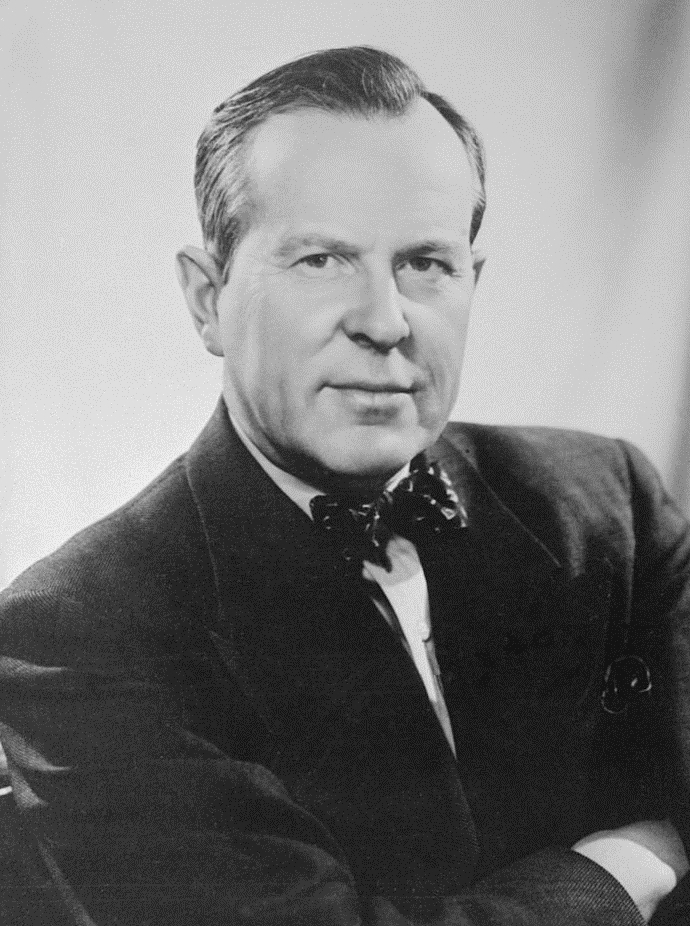Why was Lester Bowles Pearsonthe Nobel Prize for Peace in 1957?
Unveiling the Reasons Behind Pearson's Nobel Recognition
Lester Bowles Pearson’s Nobel Peace Prize: A Diplomatic Triumph
In 1957, Lester Bowles Pearson, a Canadian statesman and diplomat, was awarded the Nobel Peace Prize for his instrumental role in resolving one of the most pressing international conflicts of his time. Pearson’s dedication to diplomacy, negotiation, and peaceful resolution earned him this prestigious recognition, marking a significant milestone in his remarkable career.
Background of the Suez Crisis
The Suez Crisis, which unfolded in 1956, was a complex international conflict involving Egypt, Israel, France, and the United Kingdom. The crisis revolved around the nationalization of the Suez Canal by Egypt’s President Gamal Abdel Nasser, leading to military action by Israel and subsequent intervention by France and the UK. The situation threatened to escalate into a full-scale war with potentially dire global consequences.
Pearson’s Diplomatic Initiative
Lester B. Pearson, then Canada’s Secretary of State for External Affairs, proposed a bold diplomatic solution that would ultimately become known as the United Nations Emergency Force (UNEF). Pearson advocated for the deployment of a multinational peacekeeping force to the region, composed of neutral troops from various countries. The primary objective of UNEF was to oversee a ceasefire, create a buffer zone between conflicting parties, and facilitate the withdrawal of foreign troops from Egypt.
UNEF and the Path to Peace
Pearson’s proposal received support from various quarters and was accepted by the United Nations. UNEF’s deployment marked the first time that a large-scale international peacekeeping force was utilized to prevent armed conflict and maintain peace. The presence of UNEF on the ground allowed tensions to subside, leading to a cessation of hostilities and the eventual withdrawal of foreign troops from Egypt.
Nobel Peace Prize Recognition
In 1957, Lester Bowles Pearson was honored with the Nobel Peace Prize for his visionary diplomacy in resolving the Suez Crisis through the establishment of UNEF. The Nobel Committee recognized his exceptional efforts to prevent war, foster dialogue, and champion the principles of peaceful negotiation and collaboration on the international stage.
Legacy and Impact
Pearson’s Nobel Peace Prize not only recognized his remarkable achievements but also highlighted the efficacy of diplomacy and multilateral cooperation in resolving conflicts. The Suez Crisis marked a turning point in international relations, underscoring the potential of peacekeeping missions to prevent conflicts from escalating into full-scale wars.
Lester Bowles Pearson’s Nobel Peace Prize stands as a testament to his diplomatic acumen, leadership, and dedication to international peace and stability. His innovative proposal, which led to the establishment of UNEF, demonstrated the power of dialogue and mediation in averting global crises. Pearson’s legacy continues to inspire diplomats, policymakers, and peace advocates to seek peaceful solutions and build a more harmonious world.





